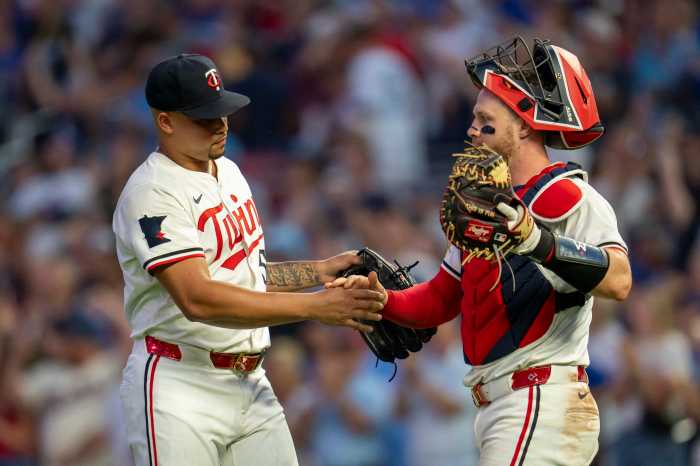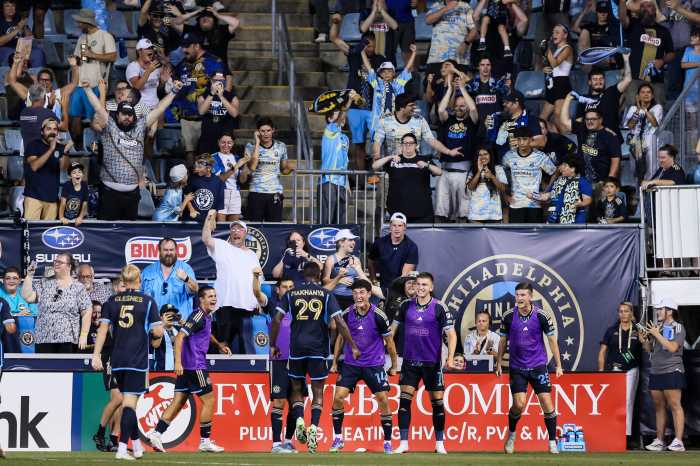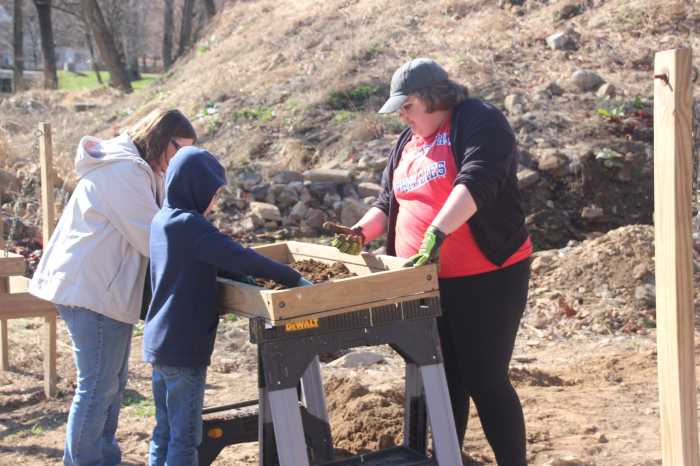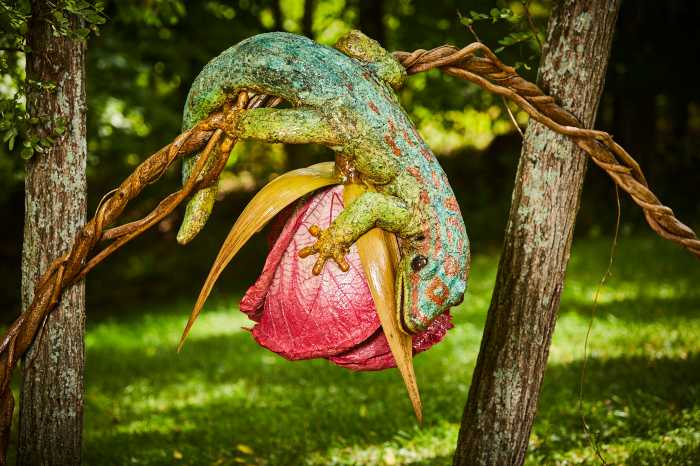Two hundred and three days is a long time to carry a weight. Even a weight you don’t realize you’re carrying, despite it getting heavier over time. Part of me thinks I should have noticed it was there, considering it quite literally brought me to my knees in the middle of the pitch at Subaru Park, mere minutes after the equalizer from GFB (the G is for Gareth, the B for Bale, you can fill in the rest) and the resulting horrific penalty shootout.
But that’s the thing about the weights that exist in our heads. They’re hard to notice, even for those carrying them. Perhaps that’s why, despite growing awareness, mental health concerning sports is still too often ignored.
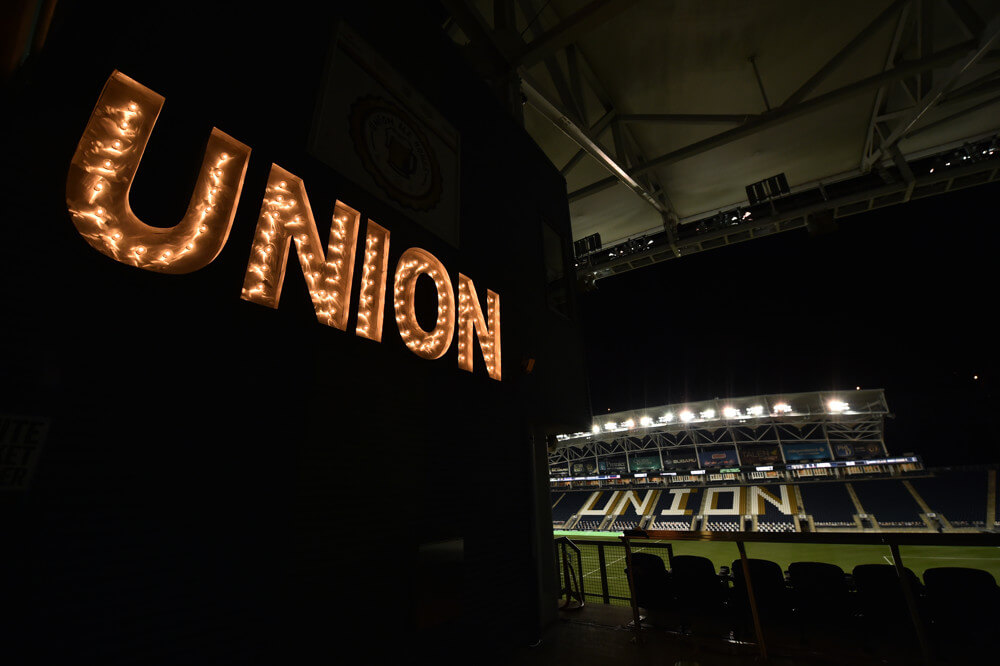
I’m aware that many, particularly those who aren’t avid sports fans, find it laughable to let something as unimportant as sports (don’t come at me, in the grand scheme of things, sports really aren’t important) have a profound impact on happiness. In truth, for most, sports aren’t the sole cause of anguish or joy, they simply exacerbate the issues and feelings (or lack of feelings, as those with depression are all too familiar) that are already there. And when we care about something as much as many of us care about our teams, that exacerbation is magnified.
Watching the Union lose in such a painful fashion would have been bad enough on its own. Having the Phillies’ loss thrown on top of it, well, threw more weight on. The Eagles would later go on to complete the trifecta for Philadelphia sports fans (if I had to guess, for many, this was the heaviest weight of the three). For most, this was the end of it (the Sixers’ loss, not coming in a final, was a different sort of pain). But you see, dear reader, I am also an Arsenal fan.
Arsenal earned their place as an honorary Philadelphia team this year by breaking an English Premiere League record. A hot start for the Gunners, combined with uncharacteristic faltering from Manchester City, meant Arsenal spent much of the first half of the season in first place. More time, in fact, than any other team that failed to win the title ever has. Because of course, like the three Philadelphia teams before them, Arsenal’s great season ultimately resulted in a second-place finish. The weight grew once again.
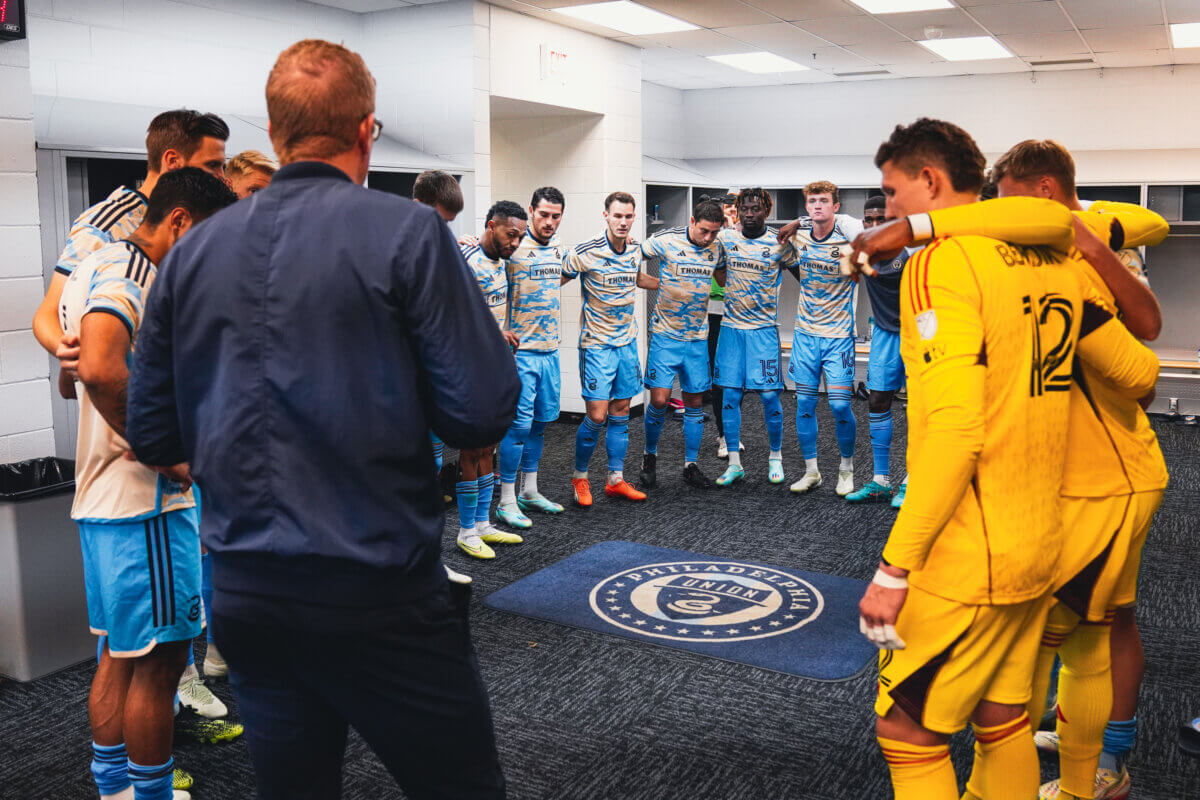
As the Union’s preseason turned into the beginning of the regular season, I didn’t even notice that I was holding myself back from my typical emotional investment. Call it burnout, call it depression, call it subconsciously protecting myself, call it a combination of many things. A slow start for the team only served to validate keeping that emotional distance.
Let’s talk about a possible factor in that slow start to the season. Because of course, mental health is not only an issue for fans, but for athletes as well. The first professional soccer game I ever attended was in Hannover, Germany, in February 2009, a year before the Union would first kick-off. Hannover 96 was hosting Bayer Leverkusen. I was looking forward to seeing a Hannover team that featured a US international at right back. Had I known what he would go on to do as a coach, I might not have been so excited.
The game itself wasn’t particularly memorable, with a 1-0 win for the home side. The atmosphere, however, was fantastic, and three players from that game warrant a mention.
The first: lining up in midfield for Bayer Leverkusen was Swiss international Tranquillo Barnetta, who six years later would come to Philadelphia to join the Union as a marquee signing.
The second: the aforementioned American defender, who you may have guessed by now was Steve Cherundolo, the man who would go on to become head coach at LAFC and lead them against the Union in the 2022 MLS Cup final.
And last, but not least, the third: Hannover’s goalkeeper, Robert Enke.
After a turbulent early career, from a disastrous debut with Barcelona to several unproductive loans, Enke found himself again while on loan at Spanish second-division side Tenerife. This led to his transfer to Hannover, where he performed well enough to break into Germany’s national team. His performances for the mid-table side were so impressive that he was considered a favorite to be Germany’s starting goalkeeper at the 2010 FIFA World Cup in South Africa. And, on the day I saw him, he helped lead Hannover to a shutout victory.
Nine months later, on November 10, 2009, Robert Enke took his own life on the train tracks at Eilvese.
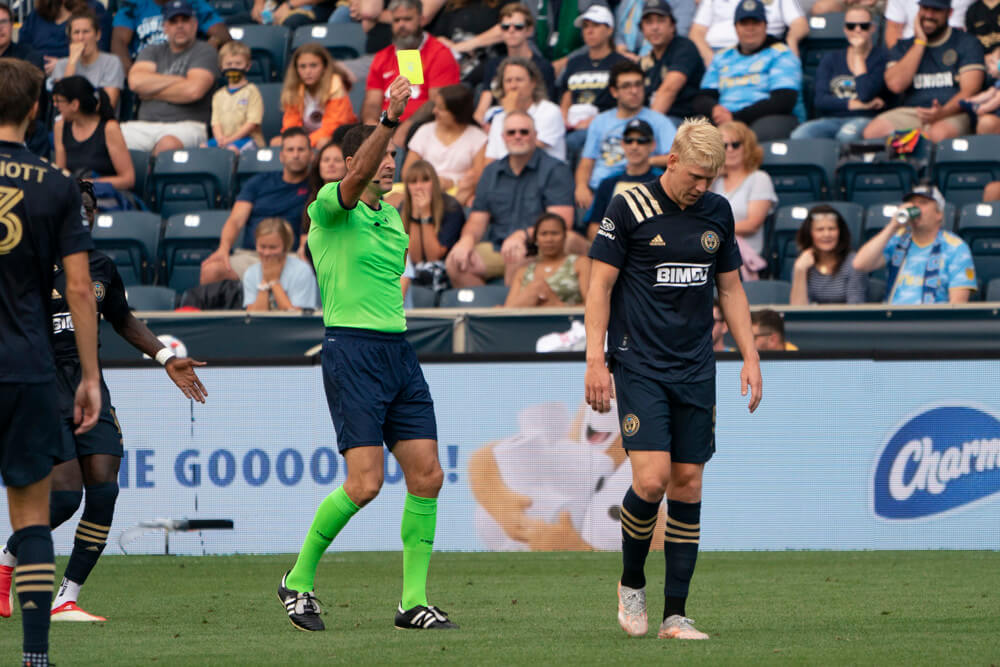
As fans, we like to feel as though we know the athletes we support. But the truth is, we know very little. Even in this day and age of transparency created by social media, we don’t truly know those we cheer for (or against).
Even many of his close friends weren’t entirely aware of Enke’s lifelong battle with depression. How many fans knew that he had lost a two-year-old daughter, born with a heart defect? Enke and his wife Theresa later adopted a daughter, but he was worried that seeking help for his mental health would lead to losing her as well. How many of the thousands watching each game knew any of that?
One need look no further than the Philadelphia Eagles’ own Lane Johnson, who, since taking a brief mental health break a few seasons ago, has been outspoken about his own issues with anxiety. He deserves a lot of credit for overcoming the stigma often associated with being open and honest about mental health struggles, particularly for male athletes who feel a lot of pressure to maintain a “manly, macho” image.
Former Tottenham midfielder Dele Alli has had a much-publicized fall from grace over the past few years. As one of England’s most hyped-up young prospects, Alli looked set on the path to the top of the sport. But after the departure of manager Mauricio Pochettino, his performances declined dramatically.
A behind-the-scenes Amazon documentary featuring new manager Jose Mourinho calling Alli “lazy” caused lasting damage to his image, creating a false reputation that has seemed to follow the player ever since. As an Arsenal fan, my default response to issues at Tottenham is rejoicing. But in this case, the only human response is empathy.
During a moving recent sit-down interview with former Manchester United defender Gary Neville, Dele Alli delved into the recent help he has sought out for addiction and mental health issues, as well as the childhood trauma that led to them. This is just the latest example of the unseen struggles athletes, and indeed all of us, are going through behind the scenes that we never see unless we’re invited to by the person going through it.
As crushed as all of us Philly fans felt and still feel about our teams’ losses, it’s hard to even imagine how the players felt. It makes sense that it would be difficult for the Union to recover. The Phillies, too, started their season slowly, and I wouldn’t be surprised if the same were to happen for the Eagles. Even progress as the season went on has seen the team trip over their share of stumbling blocks. In sports, as with mental health issues, progress is rarely linear.
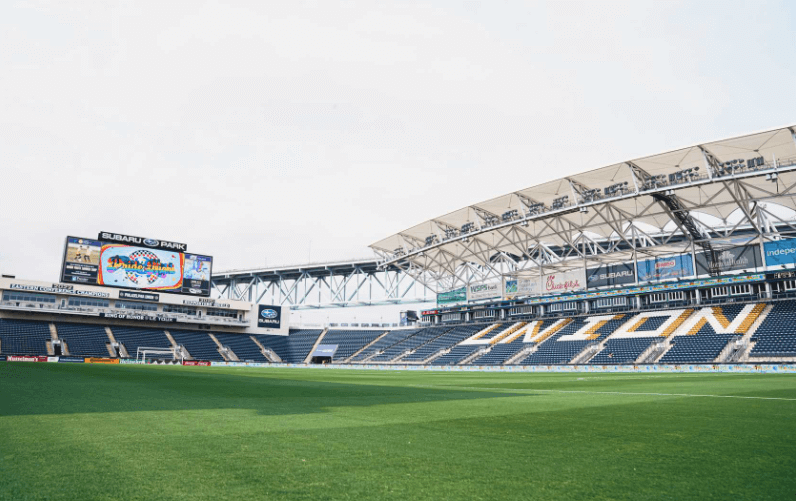
At the risk of receiving criticism for supporting too many teams (which, I’ll fully admit, perhaps I do), I finally turn to Bayern Munich (what can I say, I like red). The reigning Bundesliga champions had won the title for ten straight seasons, and as such, many were celebrating a stumble over the second half of the season that saw Borussia Dortmund gain the upper hand in the title race.
Dortmund just needed a win against lowly Mainz (or a draw if Bayern failed to win) to seal the title. Having witnessed four disappointing second-place finishes already, I was mentally prepared to add a fifth to the list. Once you’re already numb, what’s a little more numbness?
And then, in classic Dortmund fashion, they blew it. Despite coming back from a two-goal deficit to draw 2-2, a late Jamal Musiala goal gave Bayern the win and the title. Neutrals around the world were furious, but, in a basement TV room in Pennsylvania, I finally recognized the weight, noticeable at last by its sudden absence. After two hundred and three days, I leaped off the couch and shouted with joy.
Finally, finally, FINALLY.
That night saw the Union crush NYCFC 3-1, and I was more engaged, jumping around and shouting at the TV, than I had been at any point yet that season. I’d love to say that it was only the start, and my enthusiasm only grew from there. But progress is rarely linear. For me, for the fanbase, and the Union themselves, there are good days and bad days. All we can do is try to make sure the good outnumbers the bad, by easing that weight on ourselves and helping to lift it off the shoulders of others.
As Dele Alli said in his interview, talking about our own issues is difficult, but the point is to try to help even one person. If one person can feel less alone, or seek the help they need, it’s all worth it.
So treat each other, fellow fans, rival fans, or players, with kindness and empathy. You never know what weight someone is carrying, or if the smallest act could help them carry it. Because while sports may not be important, they do matter. And isn’t teamwork, togetherness, and feeling a little less alone in the world, what sports are ultimately about?
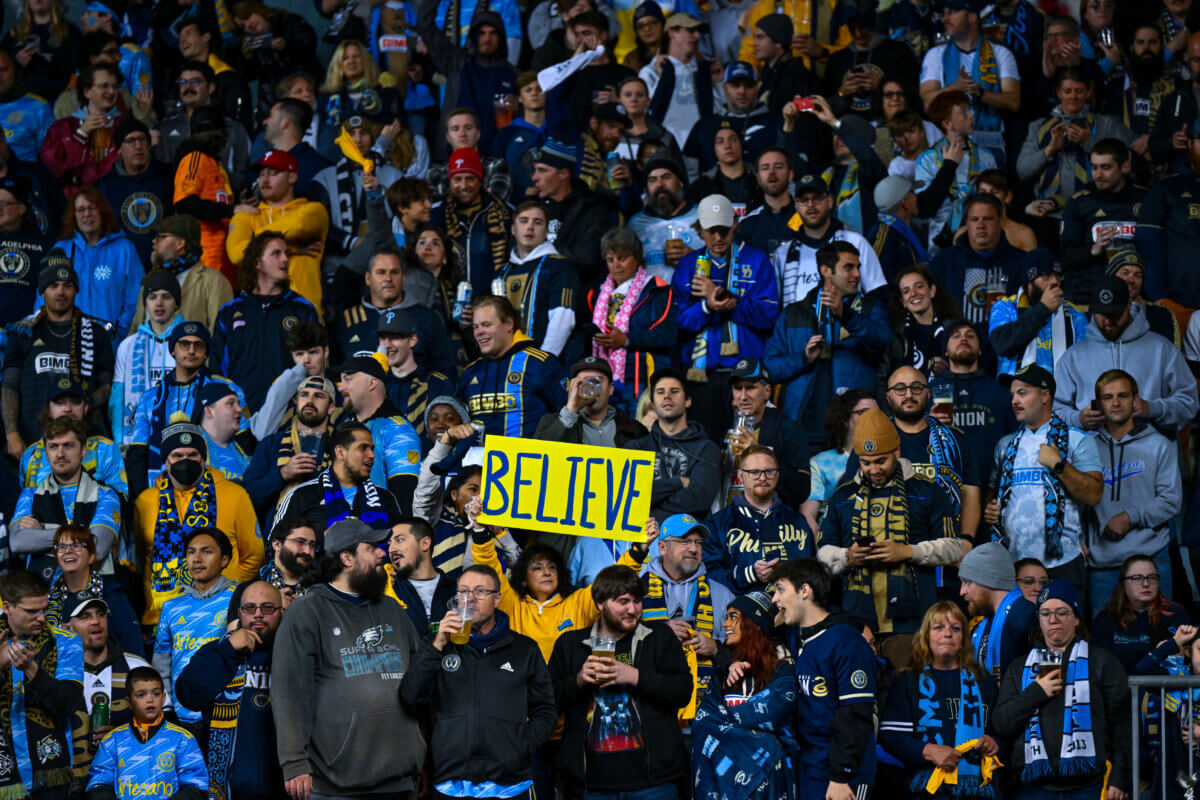
Be sure to return to Philly Sports Network for more Philadelphia Union and other soccer content!
Follow our Union team on Twitter:
Tim Lovenguth | Justin Friedberg | El Parcero Philly
Zach LoBasso | Steve Beavon | Liam Jenkins
Eric Frysinger | Paul Frenzel | Jimmy King
Doop on Union fans!
Mandatory Credit: Kyle Ross/Icon Sportswire, Gregory Fisher/Icon Sportswire, & Philadelphia Union

